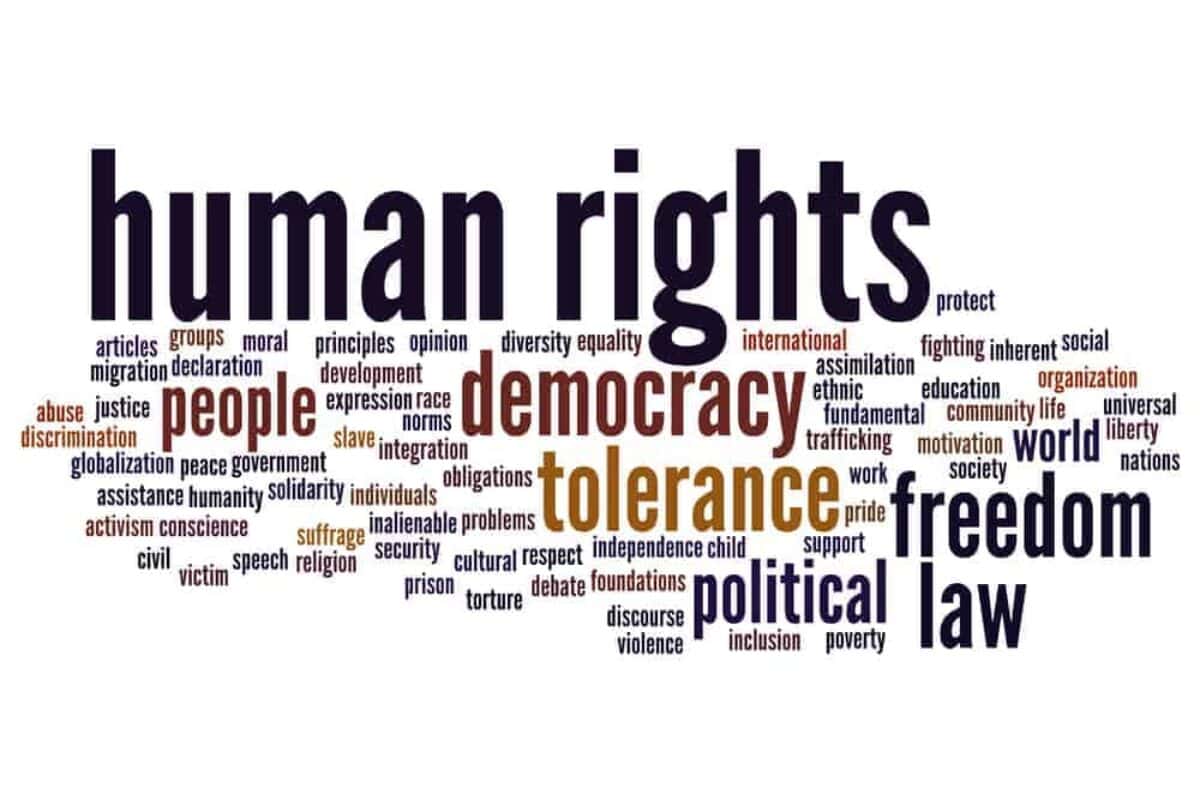By: Clare Buckley
We are extricating ourselves from a system that insulted our common humanity by dividing us from one another on the basis of race and setting us against each other as oppressed and oppressor.
– Nelson Mandela, President of South Africa, October 29, 1998, upon receiving the Truth and Reconciliation Commission Report
The United States is embroiled in a national dialogue about racism, sexism and religious intolerance that we haven’t seen in a long time, if ever. Add the words “gender” and “religion” after “race” in President Mandela’s statement and it accurately reflects the work ahead of us in the United States.
Former NFL Quarterback Colin Kaepernick’s act of taking a knee during the National Anthem to protest police brutality against African-Americans brought an awareness of this brutality into millions of American living rooms on Sunday afternoons.
Every day another actor, journalist or politician is disgraced by his (and so far it seems to be only his) acts of sexual assault and harassment while at work as brave women and men tell their stories.
Religious intolerance is rampant as evidenced by shocking anti-Semitic and anti-Muslim chants at the “Unite the Right” rally in Charlottesville over the summer. And just last week, President Trump retweeted three anti-Muslim videos by the far-right group Britain First, causing an international firestorm.
As horrible as all of this is, these events have caught the attention of complacent Americans and caused a collective truth telling like never before. Many brave people are coming forward to strip off the band-aid and expose the truth about racism, gender inequality and religious intolerance. We all need to listen, deeply.
But once we expose the brutal truths, where do we go from there? Is this catharsis meaningful? Will it result in real change?
Some countries have created formal tribunals to extricate themselves from systems of abuse. For example, after South Africa abolished apartheid in 1994, the Truth and Reconciliation Commission was established to hear from both victims of gross human rights violations and perpetrators of the violence. While far from perfect, the TRC is given credit for helping South Africa transition to a democracy and for keeping the peace. Reconciliation meant not only redressing harms in the past but also creating a more equitable and inclusive society.
Unfortunately we don’t have a President with the moral compass, grace and diplomacy of President Mandela to lead us through a reconciliation process. Instead, President Trump pours fuel on these fires with Tweets and statements that further divide us.
We aren’t about to create a formal tribunal in the US. This change, if it comes, is going to have to come from the ground up. Twitter, Facebook and other social media platforms give us an unprecedented ability to communicate directly with others and may hasten the cultural shift on these issues. It’s just too early to tell if this dialogue will result in any real change.
Another well-known quote from Nelson Mandela is: “It always seems impossible until it’s done.” While it seems impossible now, let’s hope that over time we can find a way to meaningfully reconcile these truths and embrace our common humanity.


